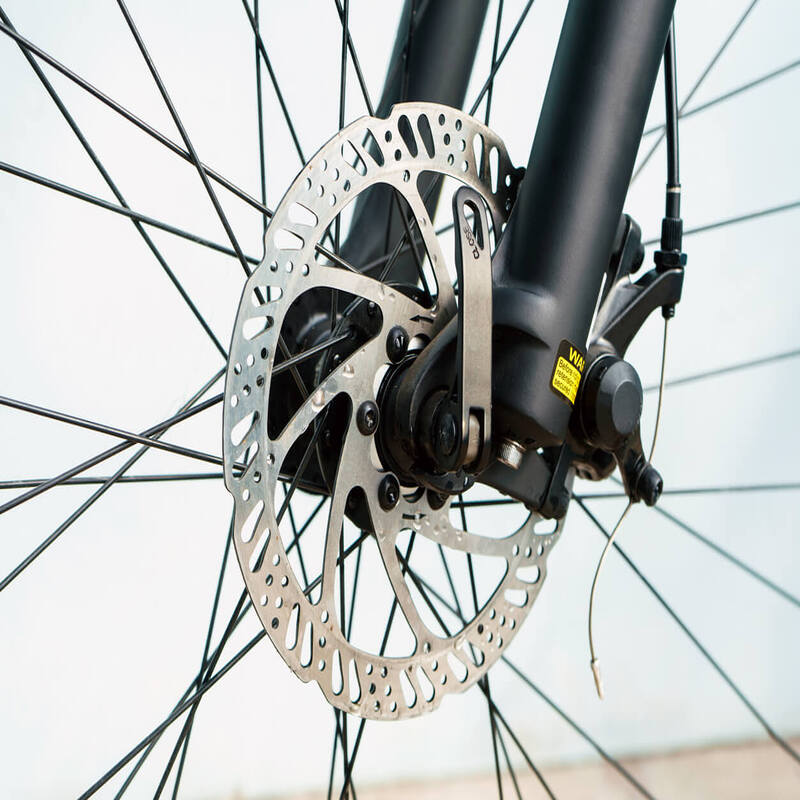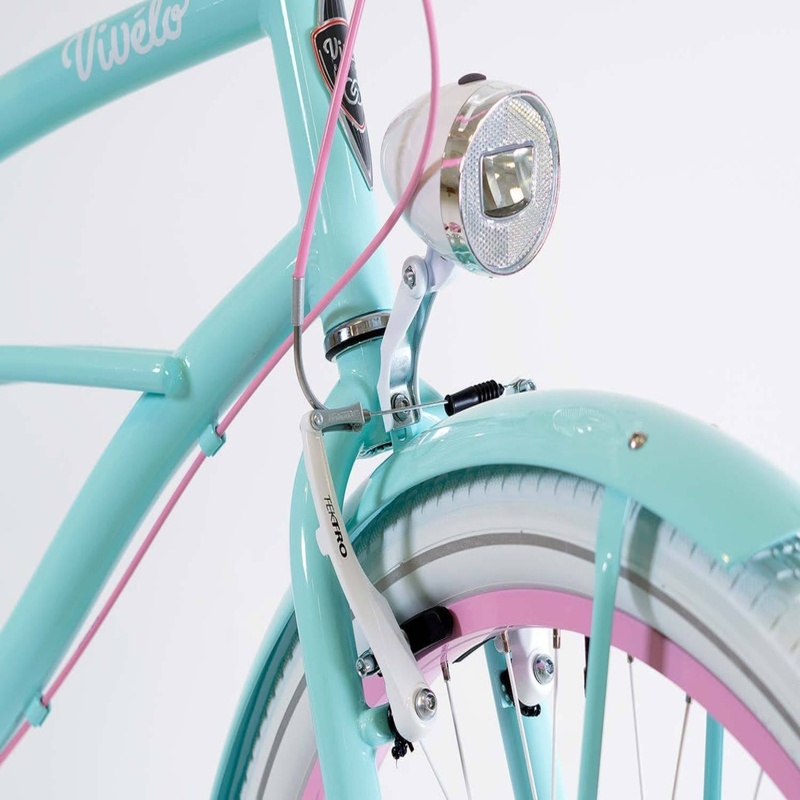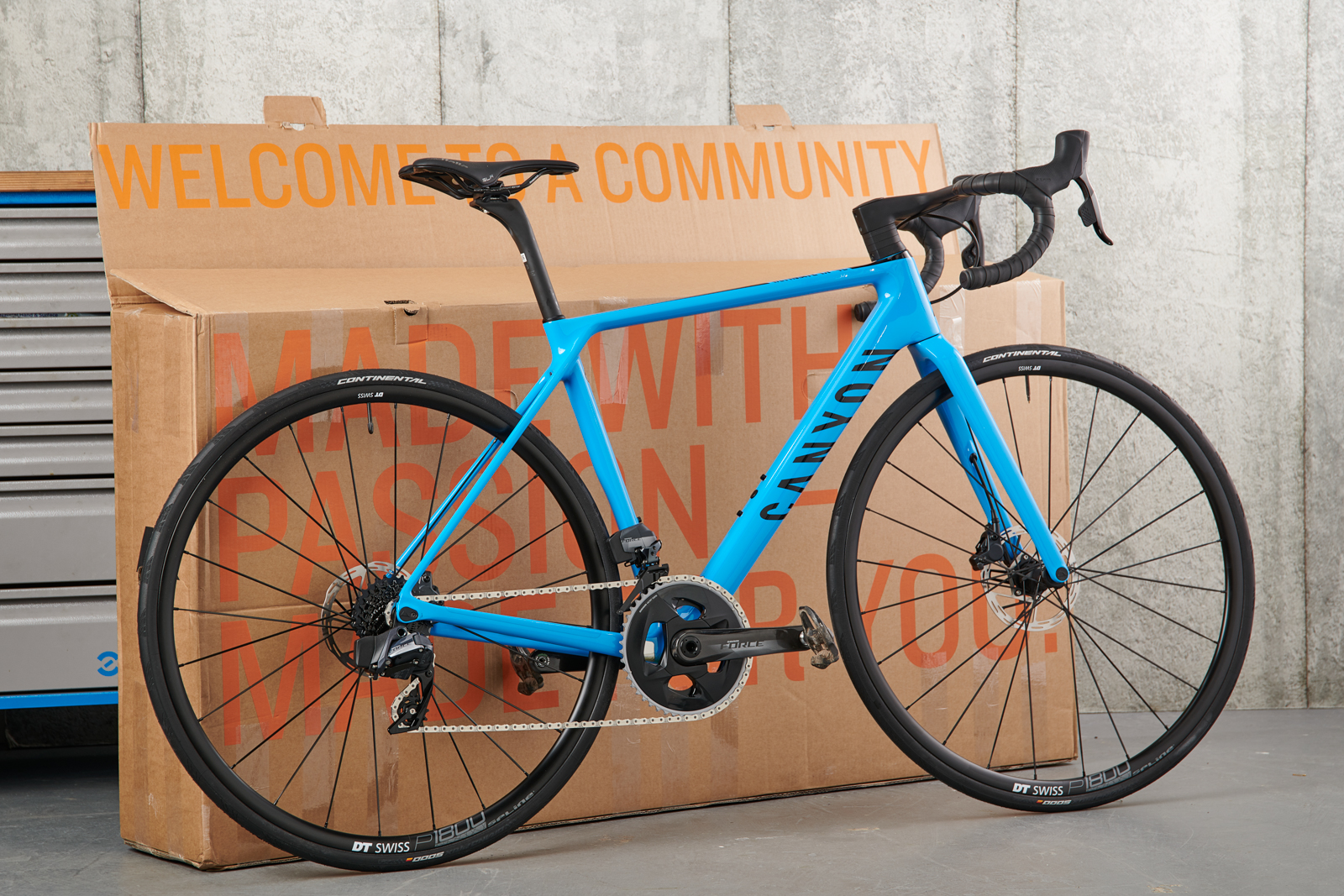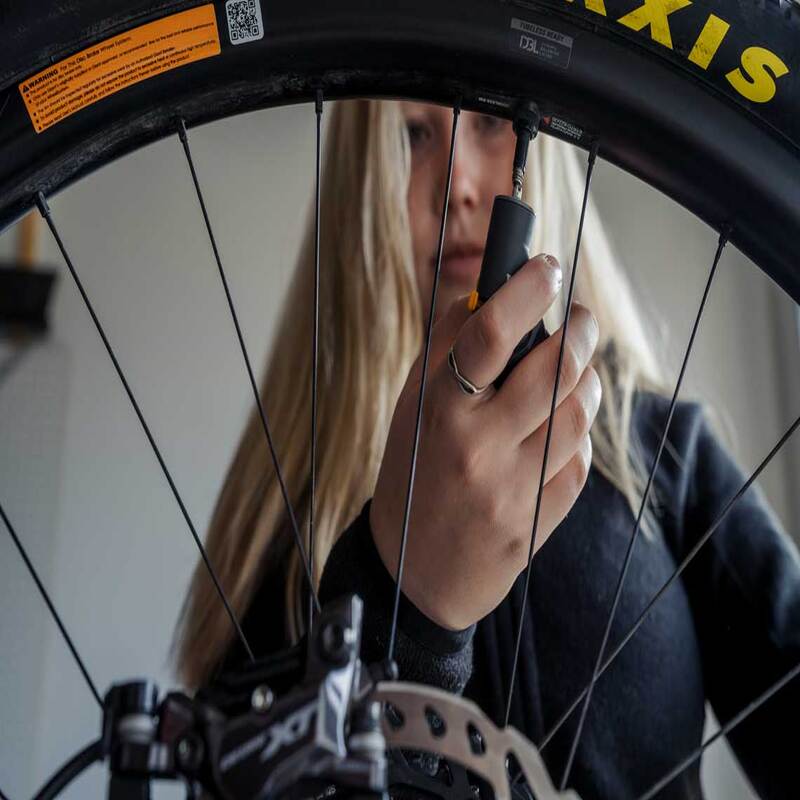Squeaky bike brakes can be frustrating. Not only is the sound annoying, but it can also indicate a problem. Addressing this issue is crucial for a comfortable riding experience. Regular maintenance can keep your brakes quiet and functioning properly. In this article, we will explore various methods to silence those pesky squeaks. By following these techniques, you can ensure a smoother ride and extend the life of your bike.
Understanding Brake Squeaks
Common Causes of Brake Squeaking
Squeaking brakes can arise from several causes. Dirt and debris are often the primary culprits. When foreign particles accumulate on the brake pads or rotors, noise occurs. In addition, moisture can lead to corrosion. Owning a bike in a humid climate may heighten this issue. Riders should also consider the type of brake pads used. Some materials are more prone to squeaking than others.
Temperature fluctuations can also contribute to squeaky brakes. When temperatures drop, certain brake compounds may harden. This hardness may not provide effective contact with the rotor. As a result, noise can develop. Furthermore, misalignment may cause scrubbing against components, generating unpleasant sounds as well. It is essential for riders to identify the source of the squeak early.
The Role of Brake Pads
Brake pads play a crucial role in performance and noise levels. Different materials produce varying levels of sound. For example, organic pads can be quieter than metallic ones, but they wear faster. Conversely, metallic pads may provide better stopping power but are often noisier. Understanding pad types can help you choose the right one for your needs.
Additionally, brake pads should be replaced periodically. Worn-out pads can lead to deeper issues. If they become too thin, they may not engage correctly. This misalignment can lead to uneven wear. As a result, they can squeak both when applied and released. Checking your pads regularly is an important preventative measure.
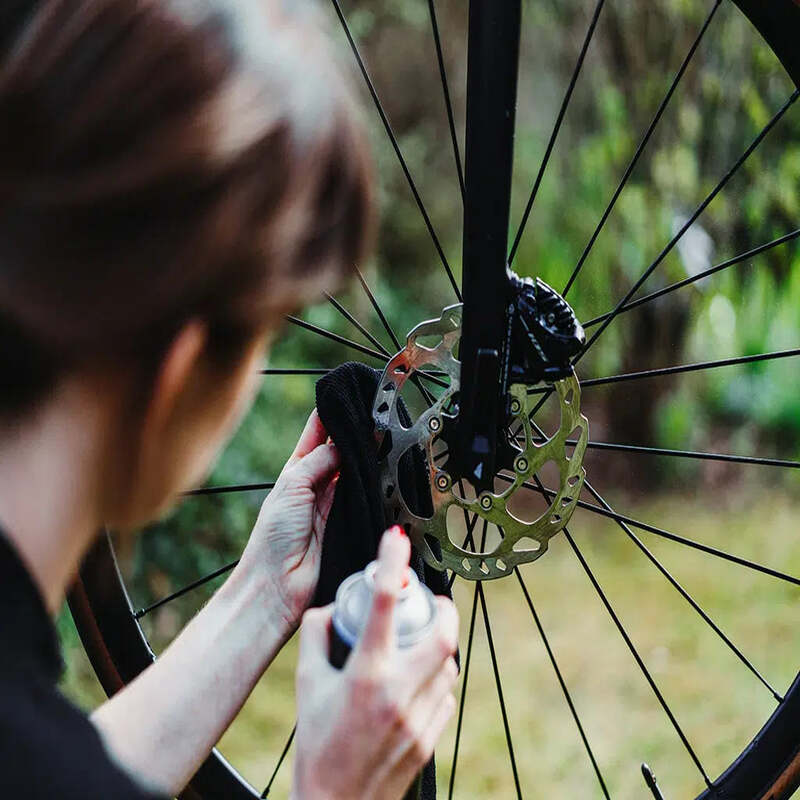
Maintenance Strategies
Cleaning Your Brakes
The first step in maintaining quiet brakes is regular cleaning. Dirt and grime naturally accumulate on brake components. To clean your brakes effectively, start by removing the wheel. Use a soft brush and some rubbing alcohol. Gently scrub the pads and rotors to remove any debris. This process improves both performance and sound.
Don’t forget to clean the calipers as well. A clean caliper ensures that the brake pads glide smoothly. After cleaning, allow the parts to dry entirely. A dry environment reduces noise significantly. It is vital to clean your brakes every few weeks, especially if you ride often. Staying proactive with cleaning will help combat squeaks.
Inspecting for Wear and Damage
In addition to cleaning, inspecting your brakes for wear is essential. Regular checks can reveal problems early. After cleaning, take a close look at the pads for thinning. If they appear too worn, it is time for replacement. Check the rotors as well—in case of warping or scoring, they need attention. Both worn pads and damaged rotors can contribute to annoying sounds.
Also, examine the caliper alignment. Misaligned calipers can cause uneven wear on the pads. If your calipers are not perfectly aligned with the rotor, you may hear the familiar squeak. Using basic tools, make adjustments as necessary. Proper alignment can significantly reduce unwanted noises.
Lubrication of Components
Sometimes, squeaky brakes can stem from inadequate lubrication. While it may seem counterintuitive, lubricating the right parts is essential. It’s important to avoid getting grease on the brake pads or rotors, though. Instead, focus on the contact points between the brake caliper and the bike frame. A small amount of lubricant can reduce friction and noise.
However, only a minimal amount is necessary. Over-lubrication can lead to contamination. If the pads become contaminated, you may face a whole new set of problems. Therefore, practice caution when applying lubricant. After doing so, allow it to settle before reassembling your bike. Taking these steps can greatly improve the silence of your brakes.
The Role of Brake Alignment
Proper brake alignment plays an essential role in noise reduction. Misaligned brakes can result in improper contact and excessive squeaking.
Checking Brake Calipers
Start by examining the brake calipers to ensure they are aligned correctly. Misalignment can lead to uneven pad wear. Even a small adjustment can make a big difference in performance. Take your time to ensure that everything is seated correctly.
Adjusting Brake Cables
Make sure that brake cables are correctly tensioned. If they are too loose, they may not engage properly. Conversely, overly tight cables can cause premature wear. Adjust cables to your comfort level to achieve a balance between responsiveness and longevity.
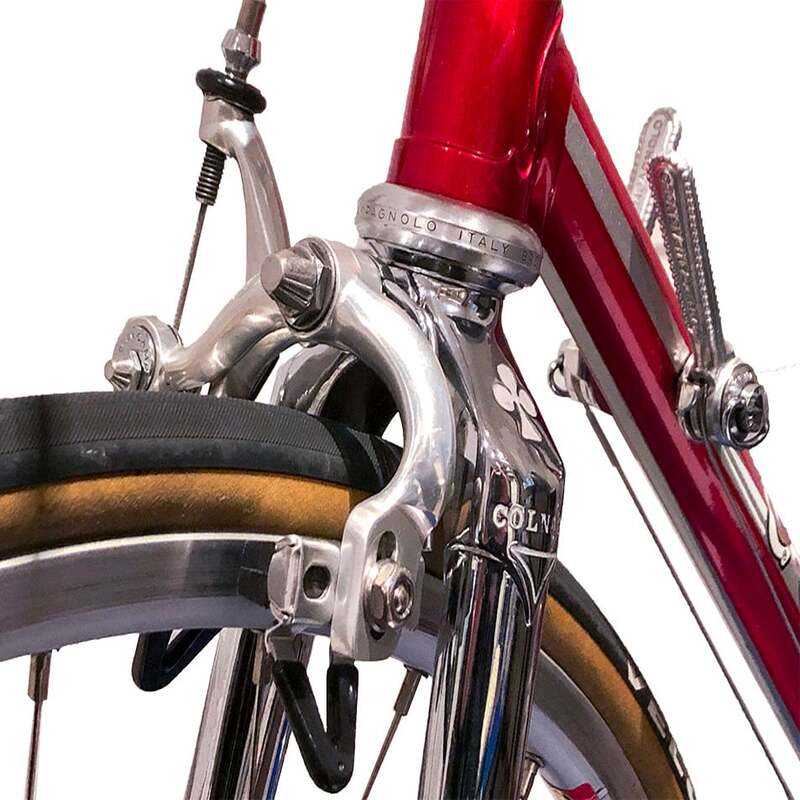
Upgrading Hardware
Choosing Higher Quality Brake Pads
If you find that squeaking persists, consider upgrading your brake pads. Higher quality pads often offer better performance and reduced noise levels. Many brands offer premium options that cater to different riding styles. Take the time to research which pads suit your needs best.
For example, if you ride in wet conditions, look for pads designed specifically for those circumstances. Certain manufacturers provide information on the noise levels of their products. This information may guide your decision-making process. Investing in quality hardware can save headaches later on.
Installing New Rotors
In some cases, the rotors may also need replacing. Worn or damaged rotors can amplify noise from the brakes. If you’ve already tried upgrading your pads without success, look at the rotors. New rotors can drastically improve brake performance and quietness.
When replacing rotors, ensure they match your brake system. Consult with your local bike shop if you’re unsure. Proper installation is also key; make sure everything is aligned correctly. After installing new rotors, perform a test ride to ensure they function silently. This step can enhance your overall riding experience.
Additional Considerations
Environmental Factors
Environmental conditions can also affect brake noises. Weather can exacerbate squeaking, especially during rainy seasons. Maintaining your bike in optimal conditions becomes essential. Keeping it clean and dry will help minimize noise.
Riding on rough terrain can also lead to squeaks. Dust and small particles can quickly accumulate on your brakes during off-road rides. Be prepared to clean your bike more regularly if you enjoy trail riding. Understanding the conditions you ride in can help tailor your maintenance routine effectively.
Professional Help
Lastly, if squeaking continues despite your best efforts, consider professional help. Sometimes the issue is out of reach for average cyclists. A skilled mechanic can diagnose and fix the problem more efficiently. Besides repairing, they can offer valuable advice for future maintenance.
Don’t hesitate to consult experts, even if you’re accustomed to DIY methods. This approach can save you time and potential frustration. Regular maintenance is key, but expert intervention may be necessary sometimes. Finding a reliable bike shop can make all the difference.
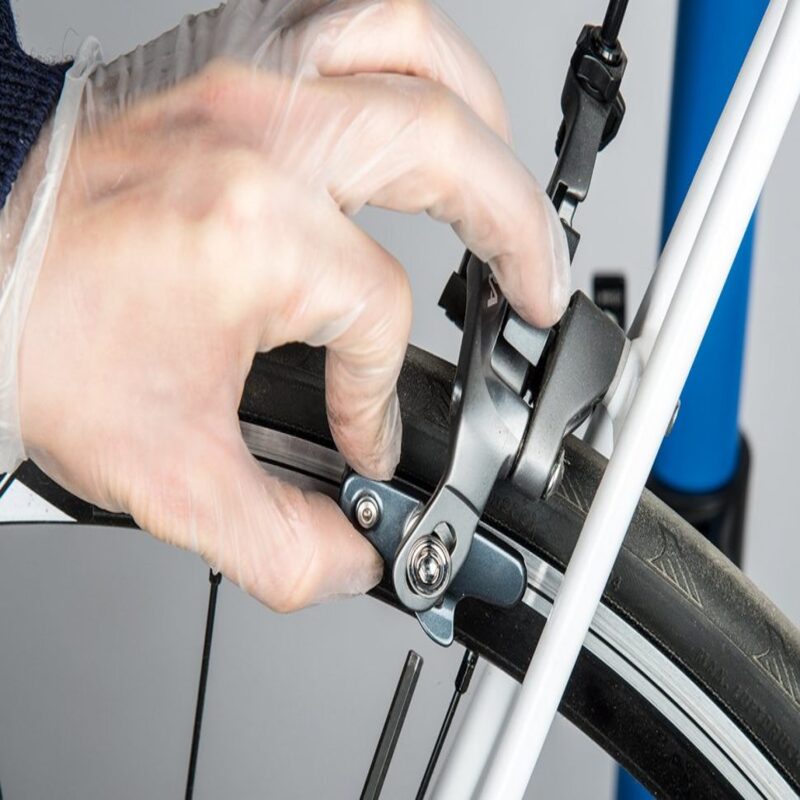
Conclusion
To sum up, dealing with squeaky bike brakes can be challenging. However, understanding the causes and implementing effective maintenance strategies can help. Regular cleaning and inspection are essential to identifying issues early. Additionally, lubrication allows components to move freely and quietly.
If squeaking persists, upgrading your hardware may be necessary. Choosing the right pads and rotors can make a significant difference. Furthermore, being aware of environmental factors can help you anticipate problems before they arise.
Lastly, never hesitate to seek professional assistance when needed. An expert’s touch can provide peace of mind and ensure your bike is running at its best. By taking proactive steps, you can enjoy a quieter ride and safer biking experience. Make maintenance a priority, and your brakes will thank you.
